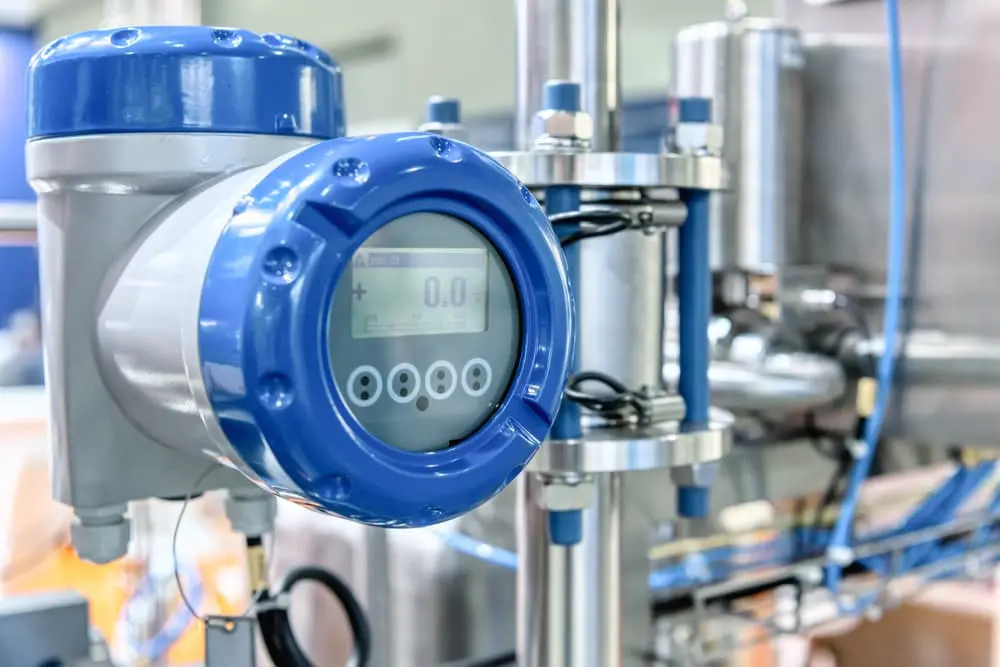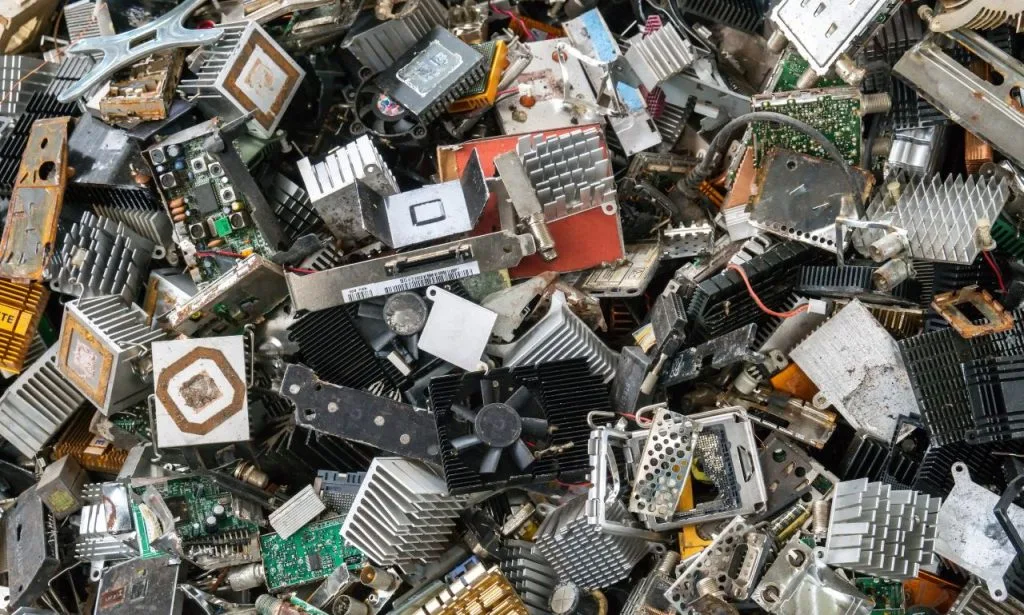
Stone tables add elegance and durability to any space, whether they are made of marble, granite, or other natural stones. However, maintaining their beauty requires specific care. Here are six do’s and don’ts to help you keep your stone table looking pristine for years to come.
Do’s
- Use pH-Neutral Cleaners
- Why: Acidic or alkaline cleaners can damage the stone surface by etching or dulling its finish.
- What to Do: Opt for pH-neutral stone cleaners specifically designed for natural stone. Regularly wipe the table with a soft cloth dampened with the cleaner.
- Blot Spills Immediately
- Why: Stone is porous and can absorb liquids, leading to stains that are difficult to remove.
- What to Do: If you spill something, blot (don’t wipe) the spill with a soft cloth to prevent it from spreading and soaking into the stone.
- Use Coasters and Placemats
- Why: These protective items prevent scratches, etching from acidic beverages, and heat damage.
- What to Do: Always place coasters under glasses, especially those containing acidic drinks like wine or citrus juices. Use placemats under plates and hot dishes.
- Seal the Stone Regularly
- Why: Sealing stone surfaces creates a protective barrier that reduces absorption of liquids and stains.
- What to Do: Depending on the type of stone, apply a high-quality stone sealant every 6-12 months. Follow the manufacturer’s instructions for the best results.
- Dust Frequently
- Why: Dust can accumulate and become abrasive, scratching the stone surface over time.
- What to Do: Use a soft, dry microfiber cloth to dust your stone table regularly. This simple step helps maintain the stone’s natural shine and beauty.
- Use Soft Cleaning Tools
- Why: Abrasive cleaning tools can scratch and dull the stone surface.
- What to Do: Clean your stone table with soft sponges, cloths, or brushes. Avoid using steel wool or any abrasive pads that could damage the finish.
Don’ts
- Avoid Acidic or Abrasive Cleaners
- Why: These cleaners can cause significant damage by etching the stone’s surface.
- What Not to Do: Don’t use vinegar, bleach, ammonia, or any harsh chemical cleaners. Avoid abrasive scrubbing powders as well.
- Don’t Use Excessive Water
- Why: Excess water can penetrate the stone and cause staining or weakening of the stone over time.
- What Not to Do: Don’t soak your stone table. Use a damp, not wet, cloth for cleaning, and ensure you dry the surface thoroughly afterward.
- Avoid Using Generic Household Cleaners
- Why: Many household cleaners contain ingredients that can harm natural stone.
- What Not to Do: Don’t use all-purpose cleaners, glass cleaners, or bathroom cleaners on your stone table. These products may contain acids or other harsh chemicals.
- Don’t Place Heavy Objects Directly on the Stone
- Why: Heavy objects can scratch, chip, or crack the stone surface.
- What Not to Do: Don’t drag or drop heavy items on the table. Always lift objects and place them gently.
- Avoid Direct Contact with Heat
- Why: Direct heat can cause thermal shock, leading to cracks or discoloration.
- What Not to Do: Don’t place hot pots, pans, or dishes directly on the stone. Use trivets or heat pads to protect the surface.
- Don’t Ignore Small Cracks or Chips
- Why: Small damages can worsen over time if not addressed promptly.
- What Not to Do: Don’t leave minor damages untreated. Small chips or cracks should be repaired by a professional to prevent further deterioration.
By following these do’s and don’ts, you can ensure your stone table remains a stunning centerpiece in your home. Proper care and maintenance will preserve its natural beauty and functionality for years to come.






